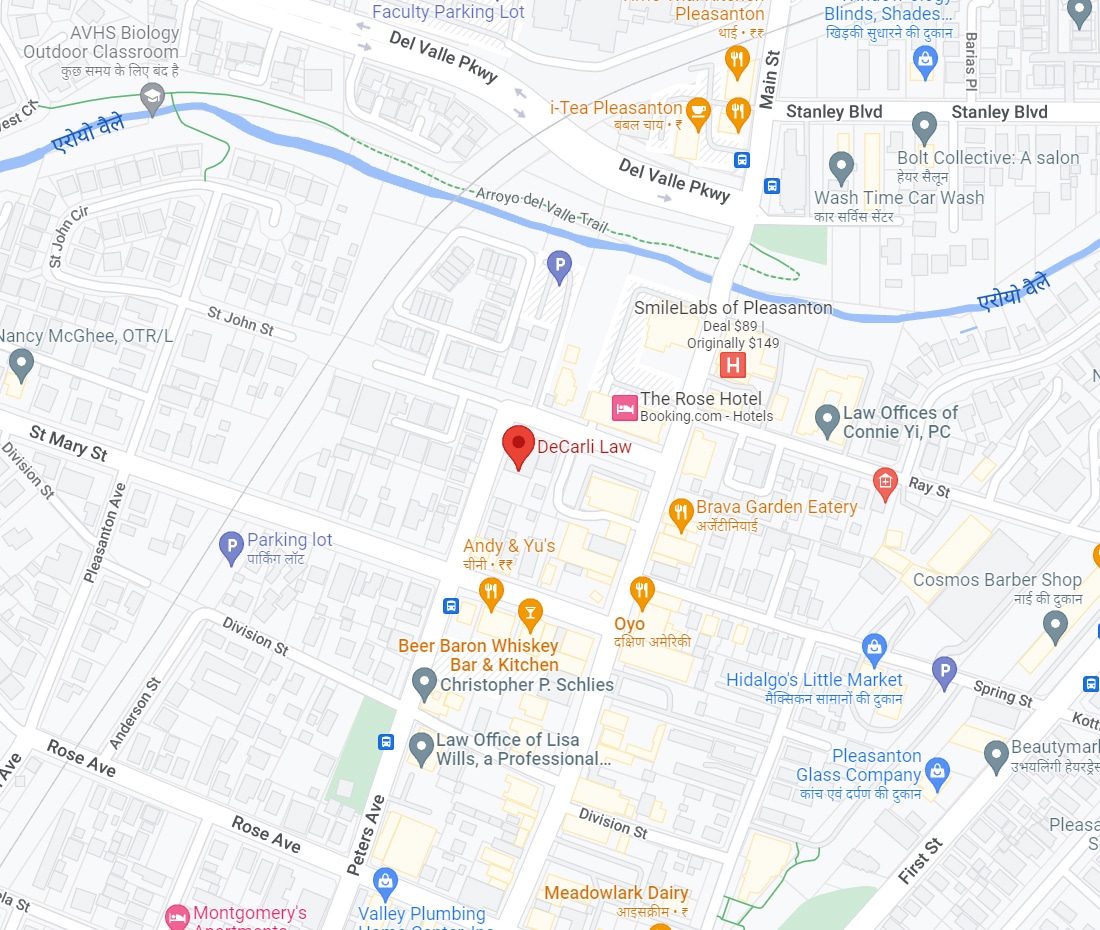Transfer on death or payable on death accounts (TOD or POD accounts) are a common way to keep homes, bank and investment accounts out of probate court, avoiding the time and expense that the probate process entails. Are they right for you?
Let’s examine what TOD and POD accounts do and what they cannot do.
TOD and POD Accounts: The Basics
A payable on death designation can be set up for savings, checking, certificates of deposit, U.S. savings bonds, and investment accounts. Transfer on death accounts work to transfer homes in a similar way. Upon the death of the account holder, the funds or the asset pass directly to the named beneficiary. The pros and cons are the same for both TODs and PODs.
Transfer On Death Accounts: The Pros
Setting up a transfer on death account is usually very simple. Typically, there’s a form you have to complete and sign to select your beneficiary or beneficiaries. Additionally, you can change beneficiaries whenever you like or name several beneficiaries, allowing them to split the money.
After the death of the TOD or POD account holder, the beneficiary can claim the asset in a fairly straightforward process. Often, the beneficiary will need only to show ID, provide a copy of the death certificate, and complete some forms.
Transfer On Death Accounts: The Cons
A Few Caveats with Transfer on Death or Payable on Death
TODs and PODs sound great at first glance—exactly because they are so easy to set up. However, there may be problems ahead for your beneficiaries if their circumstances change in any way. Before choosing a TOD or POD as the primary, or only tool for your estate, consider how best to protect your loved ones in the event of the unexpected:
- If your beneficiary predeceases you, and you have not named a new beneficiary, your accounts will automatically revert to probate court–just what you wanted to avoid in the first place.
- Should your beneficiary find themselves in the midst of divorce or bankruptcy, they risk losing or compromising their inheritance through a TOD or POD. A TOD or POD offers no legal protection of the funds–only a straight transfer. This could spell disaster if the timing is wrong–and you cannot control that.
- If you become legally incapacitated through accident or injury and are unable to make decisions, your beneficiaries will not be able to access these accounts if they are needed for your care. With a TOD or POD, there is no provision for you or anyone else in the event of your incapacity.
A Trust Provides a Comprehensive Solution
Trusts provide all the benefits and peace of mind of a TOD or POD account without any of the downsides. Establishing a revocable living trust to hold your assets provides long-term asset protection for your beneficiaries against lawsuits, judgments, divorce, and bankruptcy courts. Like a TOD or POD account, a funded trust avoids probate costs and delays, and your personal information is kept private. Unlike a TOD or POD account, a trust can incorporate alternate beneficiaries and trustees should someone predecease you, or should you become unable to administer your own affairs.
Your Estate Planning Tools Should Match Your Big Picture
Rather than pick tools out of a hat–or off of the internet–you first need clarity on the big picture. What are your goals and priorities? What challenges do you face now—or do you anticipate confronting? Whom do you want to protect? What kind of legacy do you hope to leave?
We recognize that every family is unique. We get to know our clients so we can work as a team to organize priorities and help you select appropriate planning tools for yourself and for your family.
Want to discuss transfer or payable on death accounts, living trusts, or just your future in general? To learn more about creating an estate plan specific to you and your family call us for a initial consultation at
(707) 937-2701
email me at debra@decarlilaw.com
or use our online calendar to schedule an appointment













